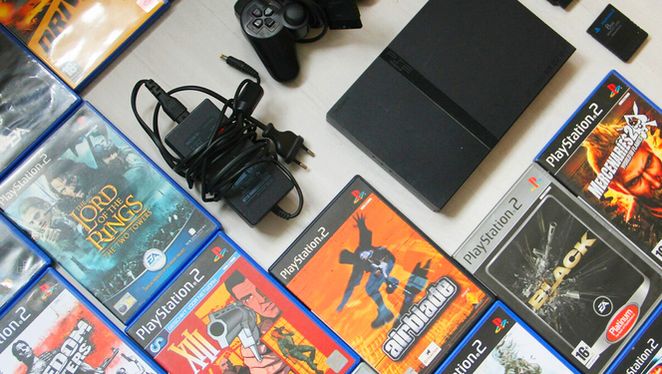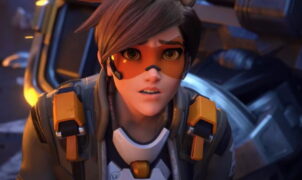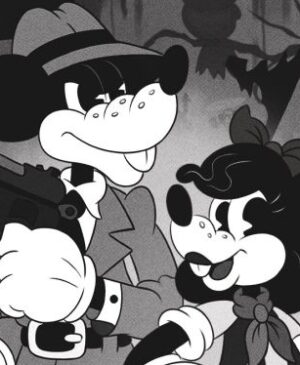Preserving classic video games is becoming an urgent task, yet restrictive copyright laws in the United States hinder the efforts of historians and archivists to make these valuable titles accessible to the public. The Video Game History Foundation (VGHF) recently pushed for changes to the U.S. Copyright Act to allow remote access to games that are no longer sold commercially. Unfortunately, the U.S. Copyright Office rejected this proposal, sparking widespread frustration among preservation advocates.
Currently, GOG remains the sole DRM-free PC game store with a dedication to preserving video games. However, the U.S. Copyright Office’s decision means classic games continue to face legal hurdles that restrict both studios and preservation initiatives. In response, the VGHF declared it might have to consider “extra-legal methods” to ensure access to these historic titles.
As early as last year, studies showed that 87% of classic games are at critical risk of being lost unless action is taken to allow broader access to older digital games. The Entertainment Software Association (ESA) has previously denied efforts to create preservation libraries and recently expressed concerns that remote access would jeopardize the market for classic games.
The ESA further criticized the VGHF for not specifying which access controls would secure preservation libraries effectively. Despite this setback, the foundation dedicated to video game history remains committed to advocating for more flexible access rights, hoping future amendments to copyright law will acknowledge the historical significance of classic games.
Industry Reactions and the Future of Preservation
Many historians, archivists, and gaming communities are deeply concerned by the decision, as it complicates efforts to preserve and study digital cultural heritage. Without adequate access, many of these classic titles may vanish, depriving future generations of valuable resources for understanding the medium’s history.
Exploring extra-legal solutions may be necessary for classic video game preservation
According to the ruling, “video game preservation advocates have failed to prove that duplicating works for simultaneous use meets fair use standards.” VGHF responded: “Unfortunately, the copyright groups’ efforts continue to stymie progress,” adding.
During the hearing, the ESA stated it would “never support remote access to video games for research purposes under any circumstances.” This uncompromising stance has led researchers to consider alternative methods for accessing out-of-print games.
The VGHF remains undeterred: “We will continue to advocate for increased access and legal permissions for video game preservation, working within the industry to raise awareness of these critical issues,” they state. Although the denial of the DMCA waiver marks a significant setback, it won’t hinder the foundation’s mission to protect gaming history.
Source: 3djuegos
















Leave a Reply